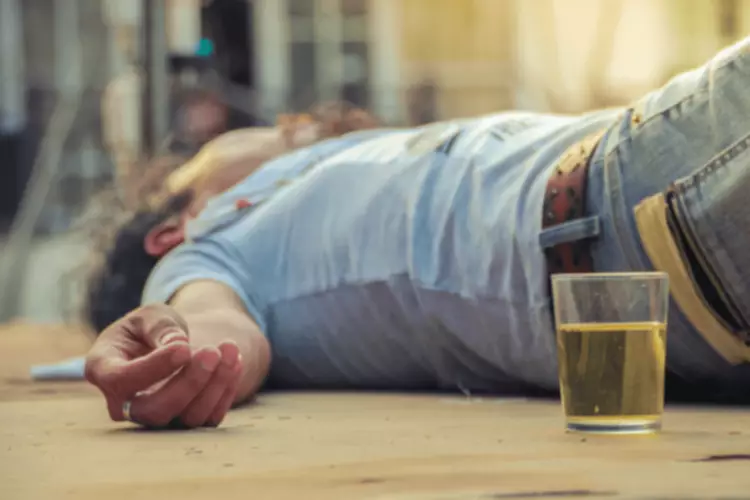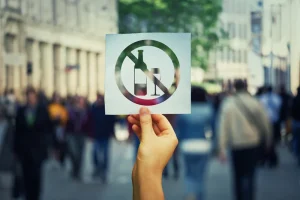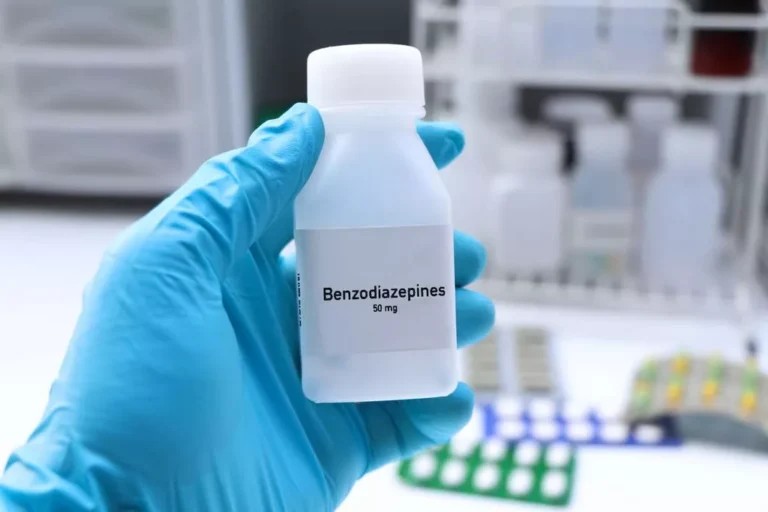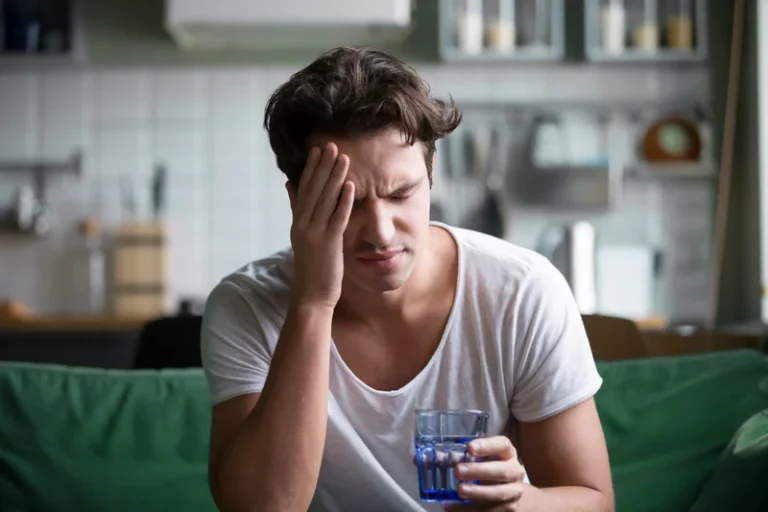
At The Recovery Village Atlanta, we are committed to helping people like you or your loved one recover completely from alcohol addiction as safely and comfortably as possible. We aim to help you stop using alcohol and empower you to maintain lifelong sobriety.Quitting alcohol may seem daunting; however, you can do it! You don’t have to take this journey alone; we are here to help you through each step of the way. Contact us today to learn how you can gain lasting freedom from alcohol. The peak of withdrawal often occurs after about 48–۷۲ hours after your last drink. At this point, all symptoms that are going to happen will be present and will be at their worst.
Brighter Skin
For dependent drinkers, blood pressure may reduce to normal levels by the 3rd or 4th week. After 7 days, most drinkers will notice their skin hydration improve. If alcohol was triggering skin conditions like rosacea, dandruff, or eczema, you could see them begin to improve by the end of the week.
After One Day
Connecting with others who have been through the withdrawal process can provide encouragement and remind you that things will get better with time. Ironically, some of the first things you might notice are similar to what happens to your body when you’re drinking. “Anxiety is the most common thing people notice upon stopping,” says Dr. Sharone Abramowitz, what happens when you stop drinking MD, a psychiatrist and president of the California Society of Addiction Medicine. She also notes that a craving for alcohol is common once people stop. And, emotionally, alcohol can make you not only more anxious, but more irritable, more impulsive and less inhibited — not just after a drink, but compounded over time, says Dr. Mosquera.
- Suppose you are in psychotherapy, this therapy will also “work” much better when you stop drinking because your mind is clearer and you are more eager to deal with your low mood.
- Over time, heavy drinking can cloud your perception of distances and volumes, or slow and impair your motor skills.
- Alcohol can cause inflammation and damage to your liver when used heavily over prolonged periods.
- This huge change in lifespan is due to the numerous medical problems that alcohol can cause.
Hangover Cures: Remedies That Work and Don’t Work
Go to the nearest emergency room or call 911 (or your local emergency service number) if you or a loved one has any concerning symptoms of alcohol withdrawal. Alcohol plays a role in at least half of all serious trauma injuries and deaths from burns, drownings, and homicides. It’s also involved in four out of 10 fatal falls and traffic crashes, as well as suicides. Even cutting back your drinking by a third can lower the number of injuries and sick days. By Sarah Bence, OTR/LBence is an occupational therapist with a range of work experience in mental healthcare settings. Research shows people who have a supportive social network are more likely to remain alcohol-free after withdrawal.
Physical And Mental Health Improves
- “Anxiety is the most common thing people notice upon stopping,” says Dr. Sharone Abramowitz, MD, a psychiatrist and president of the California Society of Addiction Medicine.
- For example, the frequency, duration, and the amount of alcohol consumed when drinking can all play a role in the severity of withdrawal symptoms.
- Remember you are facing a difficult challenge during alcohol withdrawal, but you are not alone.
- If you stop drinking, you may notice that you have more overview and are more decisive.
- Alcohol withdrawal is a potentially serious complication of alcohol use disorder.
- The mental health changes you experience when you stop drinking can include symptoms of withdrawal, difficulty sleeping, irritability, mood swings, and clearer thinking.
Cutting back or cutting out alcohol is an amazing choice you can make for your health and lifestyle. As a therapist that helps people stop drinking, I often hear from clients that they want to make a change, but are intimidated by the potential of experiencing withdrawal symptoms. Withdrawal is a real possibility when cutting back or cutting out alcohol, but it can be safely managed and mitigated with the right tools.

Alcohol Withdrawal Symptoms: What Does Detoxing Feel Like? A Timeline
If you don’t have family or friends nearby, or if you need additional support, consider reaching out to a support group such as Alcoholics Anonymous or SMART Recovery. They will provide you with the necessary resources and guidance to help you achieve your goals. If you find yourself in a situation where alcohol is being served, it’s important to remember that you have the right to say no. You may want to practice politely declining before going out so that you feel more confident in doing so. If you’re looking to reduce your alcohol intake, consider opting for low-strength alcoholic drinks or set a limit for yourself.

What conditions can excessive alcohol consumption cause?

Your sleeping pattern tends to improve because alcohol is a sedative, but it has a very short half-life. So even if you are incredibly inebriated and fall asleep, it’s likely you’ll wake up at some point in the night and experience rebound insomnia. In January, I tend to see an uptick in patients who have been admitted due to alcohol dependence. Perhaps they have over-indulged during the holiday season or there have been consequences to their drinking over the Christmas period. My patients are aged 18 and over and typically belong to higher socio-economic groups; around half of them have private medical plans, while the others are self-paid. In terms of addiction, around 85 percent of the work I do is related to alcohol.
- People not giving up alcohol are likely to miss all these laughing chances.
- Plus, it disrupts the important REM stage of sleep and may interfere with your breathing.
- Delirium tremens has a fatality rate of 37% if untreated and is considered a medical emergency.
- By the end of your first month of sobriety, the benefits of better sleep, improved hydration, spending less and decreased calorie intake will be growing.
- When you’re ready to stop, there are lots of benefits – from reducing your blood pressure and better sleep in the short-term, to many other important longer-term health benefits.
With heavy drinking, the liver and pancreas can become inflamed, leading to digestive issues. However, drinking less can reduce inflammation in these organs, improving digestion. For the first three days since your last drink, you may experience withdrawal symptoms.

The Timeline of Alcohol Withdrawal
Taking charge of your well-being, each step toward a sober existence becomes a stride toward a healthier, happier, and more resilient version of yourself. Some prefer quitting altogether while others reduce alcohol intake gradually. “There are people who have learned to practice very reasonable alcohol consumption that contributes to psychosocial well-being in a way that does not impair their health,” Kumar noted. “I would suggest cutting back on several things rather than completely eliminating to avoid feeling deprived, which can lead to rebound eating/drinking and weight regain,” she said. Depending on the person, Kumar said she sometimes suggests cutting back on alcohol to lose weight. For anyone concerned about heart health, Dasgupta recommended decreasing alcohol intake and increasing physical activity, which also raises good cholesterol.

The brain also begins to repair some of the damage and shrinkage you may have experienced while drinking. One study showed that after 6 weeks of abstinence from alcohol, brain volume increases by an average of 2%. When you stop drinking, various things happen to your mind and body. However, the nature and intensity of these effects can vary depending on how much and how frequently you drink.
